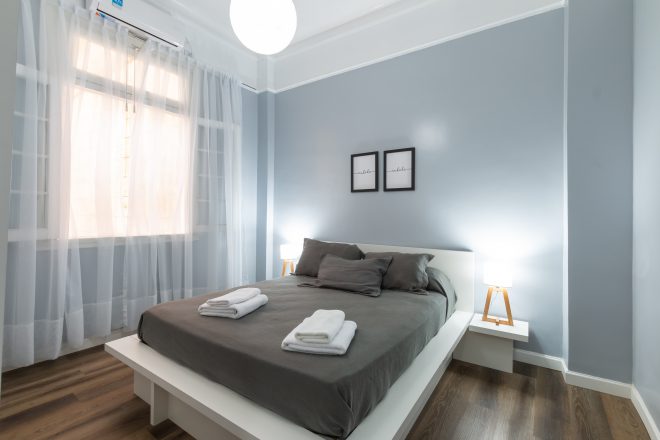Rest Anxiety: How to Sleep Better at Night with Anxiety

Having trouble heading out to rest? Has it been more awful with all the news around COVID-19? You might be managing Sleep Anxiety. We let you know all that you really want to have some familiarity with about rest uneasiness and related rest fears. We will be investigating questions, like what is rest tension, what are the indications of rest nervousness, how would you dispose of rest uneasiness, how absences of rest because of rest nervousness influence emotional wellness, and so forth
What is rest uneasiness?
We are all right now feeling restless. How could we not, when a pandemic is unleashing destruction outside our entryways! This sensation of nervousness may appear to be blameless, yet it is influencing your wellbeing far more than you know about. Rest nervousness or Sunniphobia is the dread related with rest. Resting appears to be extremely regular, yet for certain individuals, it very well may be something ghastly. In an unpleasant circumstance, similar to the pandemic, the uneasiness around rest may not be too unwarranted. You are continually anxious, you are continually getting news that doesn’t help, and thus it is normal for you to get bad dreams, which can additionally make a dread of rest, adding to your rest uneasiness.
What are some rest nervousness indications?
Rest tension shows itself in an assortment of ways, and it might influence individuals in an unexpected way. Be that as it may, a portion of the standard rest tension indications, basically include:
- Anxiety
- Fretfulness, or stress
- Trouble centering
- Battle in nodding off or staying sleeping
- Gastrointestinal issues
A fit of anxiety is one of the most widely recognized rest nervousness side effects that you should know about. A fit of anxiety around rest uneasiness is described by significant and serious dread of nodding off, which is frequently joined by actual indications, for example, a feeling of approaching destruction caused an ascent in pulse and chest torments, throat snugness and windedness, perspiring, chills, and hot sweats, unsteadiness or tipsiness, a feeling of detachedness or as though nothing were genuine. You can likewise stir from a nighttime or evening fit of anxiety at times. Nighttime alarm assaults show similar signs and manifestations as typical fits of anxiety, however they happen when you are dozing. While encountering a nighttime fit of anxiety, it very well may be hard to quiet down and fall back sleeping. This thusly can deteriorate rest fears like rest uneasiness.
Reasons for rest uneasiness
It is safe to say that you are asking why you are encountering tension when attempting to rest. Tension and rest are firmly related. Lack of sleep can trigger rest tension, and rest uneasiness can add to absence of rest. More elevated levels of rest uneasiness can seriously influence your rest, and at times, cause sleep deprivation. There isn’t sufficient logical examination on rest uneasiness. All things considered, there are an assortment of clarifications why this sort of uneasiness happens particularly around evening time. You might have the impression that your brain is dashing and that you can’t stop your contemplations.
You might be distracted with the issues of the day or pondering the stuff on your plan for the day for the following day. This apparent “stress” can trigger an adrenaline surge in the body making it hard for you to rest.
Rest and nervousness
However there may not be sufficient proof with regards to rest uneasiness, there is, notwithstanding, a lot of exploration on how nervousness can impact rest as well as the other way around. As indicated by the ADAA, rest unsettling influences are found in practically all mental issues. Analysts have investigated the connection between intellectual social treatment (CBT) and rest quality in a few examinations.
CBT is a psychotherapeutic treatment where the patient is encouraged how to recognize unsafe idea designs. When these examples are distinguished, CBT urges you to challenge them and offers you ways of supplanting these contemplations with more genuine ones.
A recent report on the connection among CBT and rest found that members who responded to CBT worked on as far as both rest quality and rest dormancy (the time it takes to nod off). The analysts accept that tending to rest issues during tension treatment can help the people who experience issues dozing.
Stay tuned with our Blog for the Solutions!












